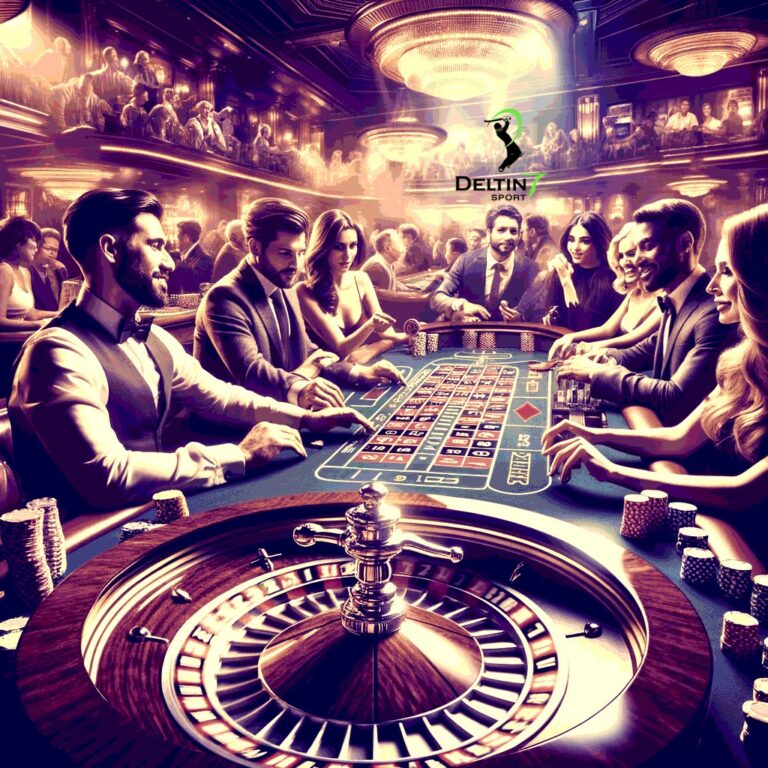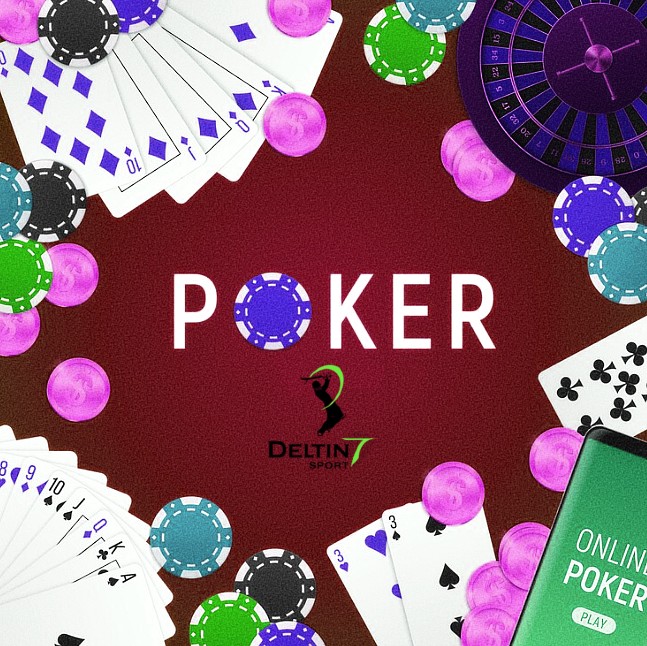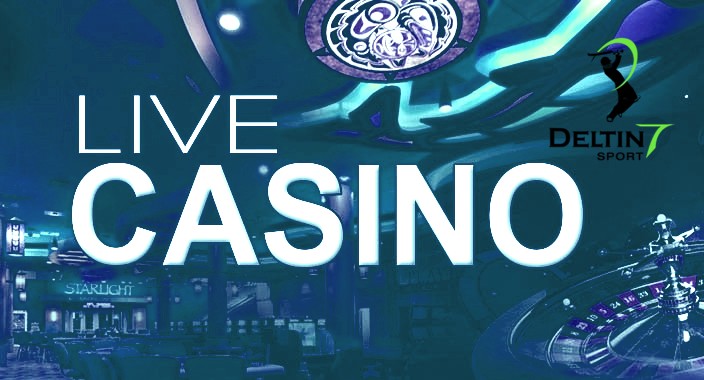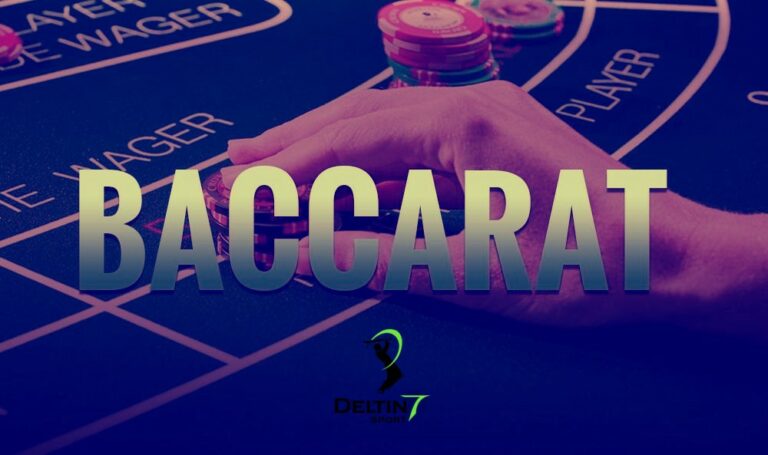For centuries, people have engaged in gambling despite its inherent risks because of the potential for rewards. Whether playing games of chance in ancient civilizations or using modern online betting platforms, the allure of gambling has persisted throughout history.
About Awards
Gambling is driven by the desire for risk and reward, with the possibility of a big win serving as a major attraction for many. The human brain is wired to respond to the possibility of reward, which is why the potential of hitting it big can be so alluring.
In addition, gambling offers a sense of control, which can be empowering even though the outcome is ultimately determined by chance. It can also serve as a temporary escape from reality, providing a welcome distraction from everyday problems and stress.
However, it’s important to note that there are potential consequences associated with gambling.

About Risks
Gambling can become an addiction for some, turning the thrill of risk and reward into a risk itself.
The release of dopamine in the brain’s reward system associated with pleasure and motivation can create a dependency over time, leading to compulsive behavior.
Recognizing the psychology of gambling is crucial to understanding the problem and seeking help.
It’s important to be aware of your behavior and set limits when gambling.
Only use disposable income and avoid chasing losses.
Taking frequent breaks and finding other enjoyable activities can also help. Choose licensed and trustworthy platforms like Deltin7 online casino.
For those dealing with gambling addiction, support groups, therapy, and resources are available to regain control of their lives.
Conclusion
Understanding the psychology of gambling is crucial in making informed decisions about our behavior and avoiding the dangers of addiction.
Different types of gambling appeal to different psychological needs, such as slot machines’ frequent small payouts creating a sense of anticipation and excitement, while table games like poker appeal to those who enjoy problem-solving.
Moreover, gambling can be a social activity that connects people and builds relationships, especially for games like poker that require interaction and communication.
However, socialization can also increase the risk of gambling addiction, as individuals may feel pressured to keep up with peers or be ashamed to admit they have a problem, making it challenging to seek help.









